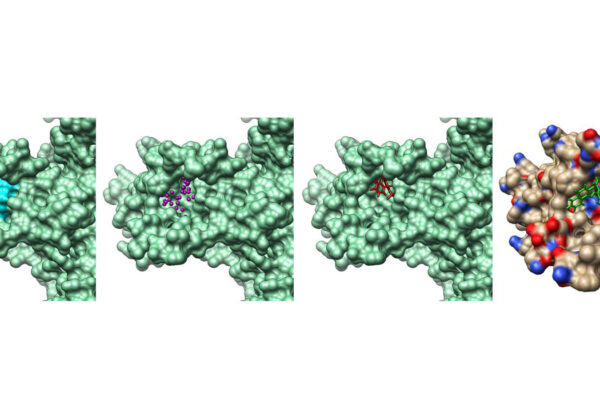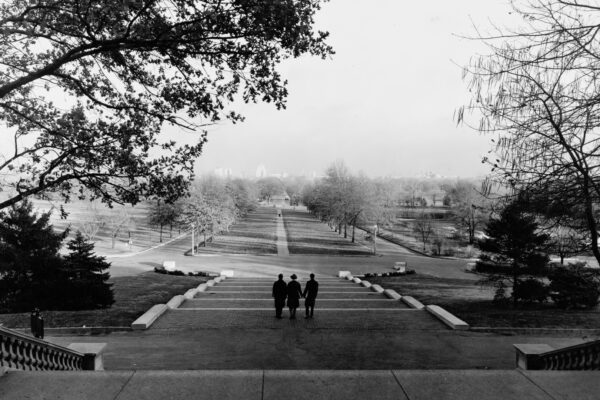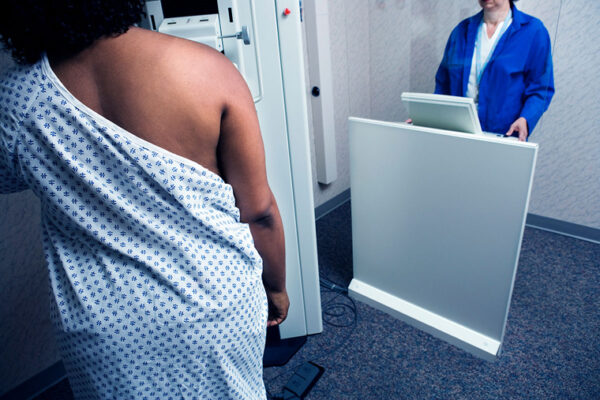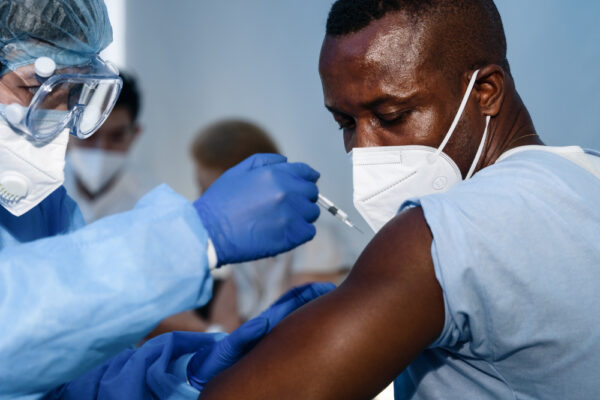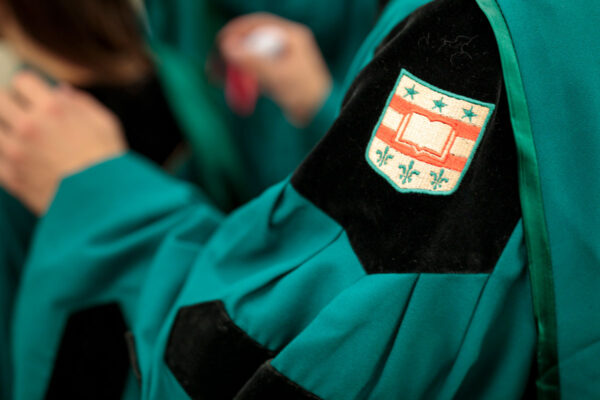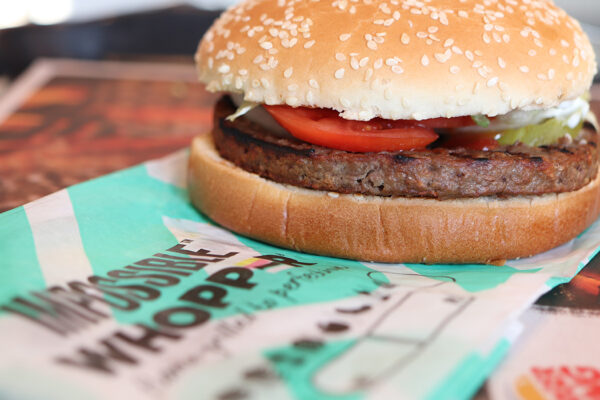Compound may prevent risk of form of arrhythmia from common medications
A team led by researchers including Jianmin Cui, professor of biomedical engineering, discovered a compound that prevents and even reverses the underlying physiological change that can lead some drugs to cause heart problems.
A 67-year journey from first-year student to alum
Back when Henlay Foster first enrolled at Washington University, Ethan Shepley was chancellor, Olin Library didn’t exist and the campus had, at long last, racially integrated. That was 1954. Now, 67 years later, Foster will graduate with a degree in music from Arts & Sciences at age 84.
Class Acts: The public servants
Over the past five weeks, Class Acts has celebrated the makers and the advocates, the researchers and the champions for health equity. Here, we meet three public servants who have worked to build a stronger St. Louis: David Blount, a policy expert at the Brown School, Deanna Davise, a defender of children at the School of Law, and Theresa Matheus, a middle school educator at University College.
Triple-negative breast cancer more deadly for African American women
A new study from Washington University School of Medicine shows that African American women with triple-negative breast cancer have higher mortality than white American women with this aggressive tumor. The investigators call for more research to understand the factors driving the disparities.
Cancer has ripple effect on distant tissues
A new study with zebrafish shows that a deadly form of skin cancer — melanoma — alters the metabolism of healthy tissues elsewhere in the body. The research led by chemist Gary Patti suggests that these other tissues could potentially be targeted to help treat cancer.
Kreuter receives $1.9 million in grants to increase vaccinations in St. Louis
Matthew Kreuter, the Kahn Family Professor of Public Health at the Brown School, has received $1.9 million in grants to help increase COVID-19 vaccinations among the Black community in St. Louis City and County.
Speakers scheduled for schools’ Commencement celebrations
A number of distinguished speakers, faculty members and student leaders will take part in Commencement ceremonies for the Class of 2021 on May 20 and 21 at Washington University.
University joins NIH initiative to create diverse national biomedical data resource
The School of Medicine has joined the All of Us Research Program, a National Institutes of Health (NIH) initiative that seeks to recruit 1 million volunteers to build a detailed biomedical data resource that reflects the breadth and diversity of the U.S. population.
WashU, Pitt awarded $10.7 million for Alzheimer’s disease research
A $10.7 million five-year grant will support a comprehensive study in which whole-genome sequencing will be used to address critical gaps in knowledge about Alzheimer’s disease. The project is led by researchers at Washington University School of Medicine and the University of Pittsburgh.
Heme is not just for Impossible Burgers
New research from biologists in Arts & Sciences shows how animals and bacteria differ in the enzyme they use to attach heme to the cytochrome. The results help illuminate a promising target for new antibiotics.
View More Stories
